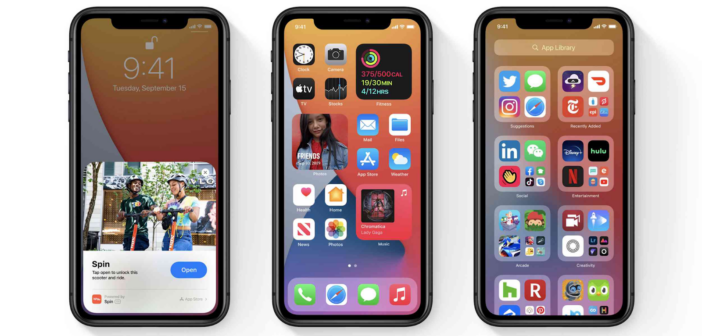The post was originally published in Russian on Alexander’s Telegram channel. Alexander kindly agreed to republish what we think is of great value to our readers.
The latest version of iOS is almost the main event of the year and not a technical release. Why is it so?
- From the nineties until this May, the entire commercial Internet has recklessly transferred data about users. Ad networks, resellers, and anyone else knew where, what, and how we bought. That information was used to deliver suitable, relevant ads. It wasn’t perfect, but it was the best possible and much better random ads.
- The situation was beneficial for both the industry and clients, but it had a bad image – “they are watching”. We lived in this conflict and sometimes complained about being listened to on social networks. Finally, the TV won over the refrigerator, privacy became more important than profit. In the coming years, everything will change; the stone has rolled, and it cannot be stopped.
- In the latest version of iOS, Apple created the first protected island in the ocean of freedom. Today, every application must ask the user if he agrees to transfer data from this app to the outside. The window with the question is drawn by Apple, and the wording there is rigid; the hand reaches for “no”. However, a preliminary warning is written by the application – and it naturally softens the blow as much as possible. “Click “yes” on the next screen to keep Instagram free” (c). Of course, different companies’ data vary, but there are about 40-50 to 50-60 consents and refusals for now.
- It is not necessary to be glad that “half is not so bad”. Apple will become stricter and stricter. A couple of years will pass, and data exchange will close completely.
- The same will inevitably happen on Android and in browsers. Sites won’t be able to exchange user IDs. Google promises to ban third-party cookies in Chrome as early as 2023.
- Facebook and all small businesses that use its traffic will suffer from this in the first place. A heap of ad networks and technological solutions for advertising will also have a crisis. Still, some of them, on the contrary, will take off at the redistribution of the market.
- Offline and TV will win. Online advertising will deteriorate, brands will spend less on advertising and more on everything else. I don’t promise that the share of the Internet in the budgets will be reduced, but at least a slowdown in growth is highly likely. It is also unlikely that abandoned shopping centers will begin to reopen in the United States. However, those that are still “alive” will now live longer.
- The authorization will become more important, and competition among authorization providers will become more aggressive. However, this data transmission route remains intact for the coming years.
- In general, economically, society has lost a little overall. The Internet industry and we have lost the most. By the way, the climate has worsened, and emissions will increase. But there will be privacy.
Translation : Valeria Stupnikova

Alexander made his career in Russian internet companies including Mail.Ru, Rambler, RBC. From 2016 to 2018 he was Chief Strategy and Analytics officer in Mail.Ru Group. In this position, he worked on M&A, investments, and new project launches. In 2018 he became Deputy CEO in Citymobil, a Russian Uber-like company that was invested by Mail.Ru Group and Sberbank (the biggest Russian bank), then he left the company to launch his own projects. Now Alexander is a co-founder of United Investors – the platform for co-investments in Russian early-stage startups. His blog #startupoftheday (#стартапдня) is one of the most popular blogs about startups in Russia.





